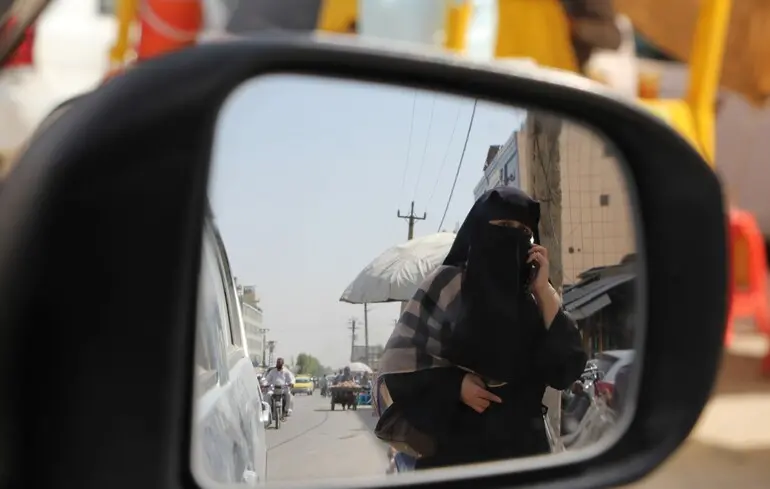Taliban Enforces Widespread Censorship: Ban on Books and Academic Restrictions in Afghanistan

In a country long plagued by repression, the Taliban regime has launched a new wave of restrictions affecting not only the political arena but also the realms of education and culture.
A recent government directive has banned the teaching and dissemination of over 679 books, many authored by women or concerning women’s issues, alongside other disciplines, sparking significant concern worldwide.
This decision marks another step toward isolating Afghanistan’s educational system from global standards and the international academic community.
The prohibition on materials written by women is viewed as a logical continuation of the regime’s policies of repression.
Out of more than 300 banned titles, a substantial portion originates from Iran, including books that served as a connection for Afghan students to the global scientific and cultural space.
Educators and students already express worry, as the lack of open access to recent knowledge sources will severely limit their capacity to develop academically and maintain international educational standards.
Meanwhile, the international community and human rights organizations are calling for the rollback of such repressions and the protection of women’s rights and academic freedom in the country.
According to official reports, Russia has become the first country to recognize the Taliban government as a legitimate regime, further complicating international recognition and cooperation.
At the same time, Taliban representatives claim that these new rules align with Islamic values and aim to safeguard national traditions, though critics see them as acts of systematic suppression of dissent and women’s rights.

